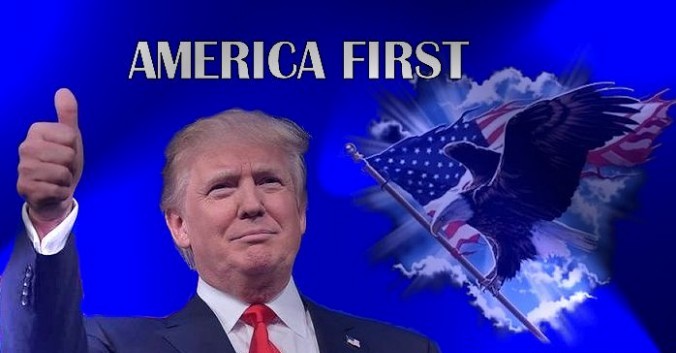
President Trump wasn’t lying about the America First policy as he came with fire and fury. He introduced several tariffs hoping to bolster domestic production, while hoping to reduce imports and international reliance.
Before I ramble about how politics will affect our economy, let me first explain what a tariff is. A tariff is a tax or duty imposed on imported goods and services. Imports are considered bringing goods and services from abroad into your country for sale.
Governments impose tariffs to raise revenue or to protect domestic industries from foreign competition. The goal is to make foreign-produced products more expensive, which attractively portrays domestic goods and services to consumers.
There are primarily two different types of tariffs: protective tariff and revenue tariff. The main purpose of a protective tariff is preventing foreign companies selling products in the domestic country. These tariffs have extremely high tax rates, which foreign countries don’t even considering selling to.
On the other hand, revenue tariffs want to raise money for the government. Think of this as a tax on gas, alcohol, or cigarettes. The government taxes these products because they know customers will purchase these goods despite the increase in price in these goods. As a result, consumers still get their products, the government makes some money.
Wow tariffs sounds so great! Unfortunately, they are not as pleasant as they sound theoretically. Unintended side-effects can actually hurt the domestic economy. For instance, domestic industries become less efficient and less innovative due to reduced competition. Furthermore, the domestic industries can become a monopoly, which tends to push up prices and reduces supply. Additionally, other nations can retaliate your economic policy by imposing their very own tariff. Consequently, this leads to a trade war, which is no bueno for either country.
Now we a good foundation about tariffs, let’s discuss how Trump’s policy will affect the economy and business behavior. One of the newly introduced US tariffs is imposed on washing machines. The regulation applies a 20% tax on the first 1.2 million imported residential washers in the first year then 50% for additional imports.

Yikes! That is brutal for foreign competitors.
However, foreign manufacturers are figuring out solutions to bypass this expensive tariff. For instance, few companies proclaim they could incur the additional costs and still post major profits for their business. Other companies exported millions of washing machines years before the policy became enacted because they feared Trump’s America First. The last popular decision was construct a manufacturing plant in the United States, so they would not have to worry about the tariff at all.
Ultimately, we have to wait until the future to understand the true impact of this tariff.